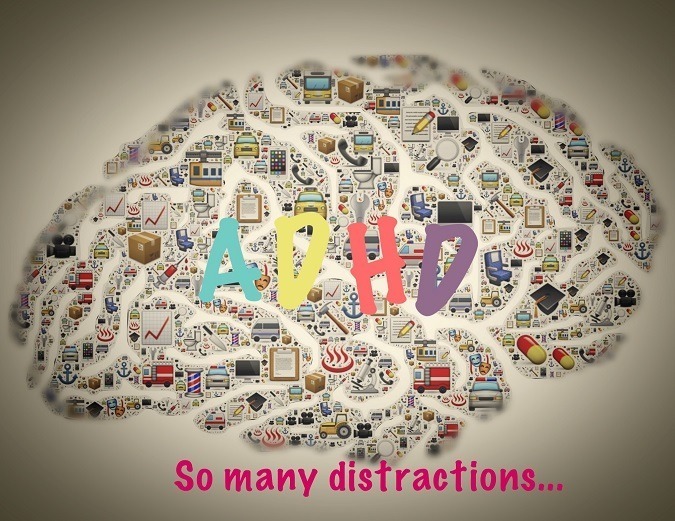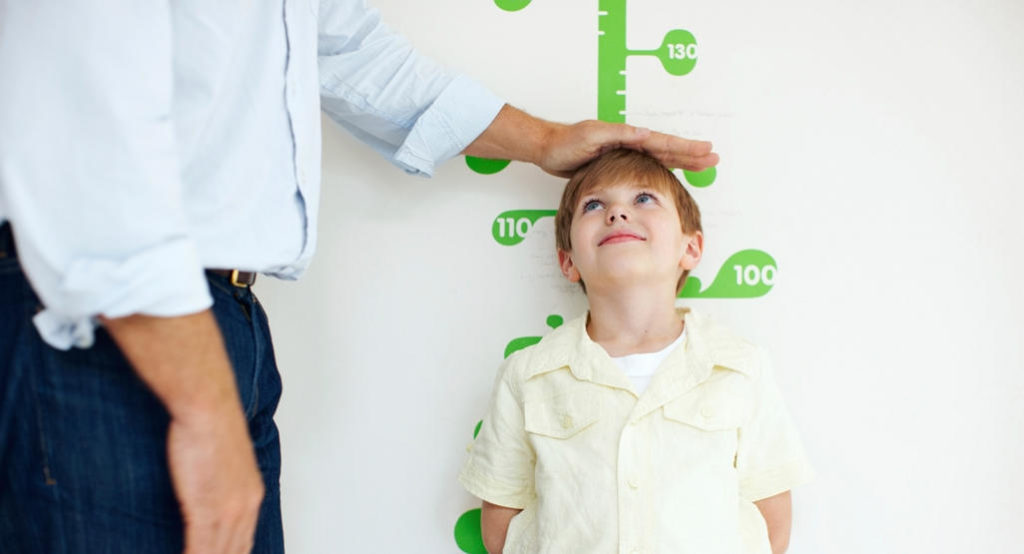Posts by Dr. David Rabiner
Large study with twins highlights the limited role of genetics in mental health and the importance of effective early interventions for ADHD
___ Multiple studies have indicated that, on average, youth with ADHD have poorer outcomes in young adulthood in multiple areas compared to their unaffected peers. A limitation of these studies, however, is that they have not typically distinguished between individuals whose ADHD persists into adulthood from those where the condition remits.
Read MoreNeurofeedback or medication to treat ADHD?
___ Neurofeedback (NF) is an approach for treating ADHD in which individuals receive real-time feedback on their brainwave activity and taught to alter their typical EEG pattern to one that is consistent with a more focused and attentive state. While considerable research supports the effectiveness of neurofeedback for many children with ADHD, relatively few studies have…
Read MoreDo ADHD drugs really help college students without ADHD?
___ Over the past 15 years there has been growing awareness that many college students without an ADHD diagnosis use ADHD drugs. On some campuses, rates of self-reported non-medical use have exceeded 30% of students.
Read MoreMeta-analysis finds sustained benefits of neurofeedback for kids with ADHD
___ In neurofeedback treatment for ADHD, individuals learn to alter their typical pattern of brainwave activity, i.e., EEG activity, to one that is consistent with a focused and attentive state. This is done by collecting EEG data from individuals as they focus on stimuli presented on a computer screen. Their ability to control the stimuli, e.g.,…
Read MoreInitial study finds promise and limitations in using virtual reality (VR) to treat ADHD
___ Given the limitations of existing evidence-based ADHD treatments, i.e., stimulant medication and behavior therapy — research on novel intervention approaches continues to be important. Cognitive training is one such approach that has been suggested as a potential adjunct or even replacement for medication treatment. While cognitive training takes different forms, e.g., computerized attention training,…
Read MoreConsistent use of ADHD medication may stunt growth by 2 inches, large study finds
___ The Multimodal Treatment Study of ADHD (MTA Study) is the largest ADHD treatment study ever conducted — nearly 600 7–9‑year-old children with ADHD were randomly assigned to one of four interventions: 1) Carefully monitored medication treatment; 2) Intensive behavior therapy; 3) Medication Treatment combined with Behavior Therapy; or 4) Community Care (parents obtained whatever treatment…
Read More




